Young people should not be subjective with high blood pressure.
Nguyen, 33, was warned by his doctor about his high blood pressure during a health check. However, he ignored the advice, thinking "it was probably due to drinking coffee and work stress". Shortly after, he suddenly had a stroke in the bathroom, his mouth was crooked, his limbs were immobile, and he was diagnosed with a cerebral infarction due to uncontrolled high blood pressure.
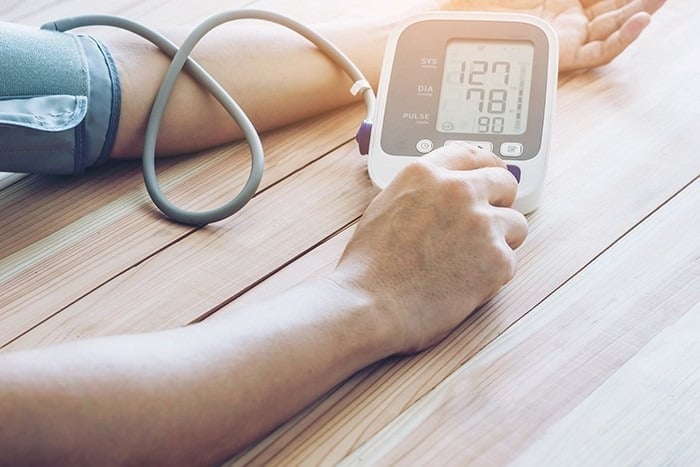 |
| Illustration photo. |
Doctor Doan Du Manh, vascular and stroke specialist, Deputy Director of Phuong Dong General Hospital, said that the patient's left brain was severely damaged, leaving him with hemiplegia and language disorder. Nguyen had to embark on a long rehabilitation journey, initially losing the ability to take care of himself.
Nguyen's case is not an isolated one. Doctor Nguyen Tien Dung, Deputy Director of the Stroke Center, Bach Mai Hospital, once received a 30-year-old patient with a history of cerebral hemorrhage due to high blood pressure.
Despite being prescribed maintenance medication, the patient stopped taking it on his own, thinking he was cured. As a result, he was hospitalized a second time in a coma, with a spike in blood pressure of 180/100 mmHg, requiring a ventilator and intensive care, with a poor prognosis.
According to Professor Huynh Van Minh, Chairman of the Vietnam Cardiovascular Association, our country is one of the countries with a high rate of stroke due to complications of high blood pressure. Many young people do not know they have the disease or know but do not treat it or change their lifestyle.
According to the World Health Organization (WHO), the rate of people with high blood pressure worldwide ranges from 23-37%, meaning one in every 3-4 people has it. In Vietnam alone, statistics show that about 25% of adult men and 21.6% of adult women have high blood pressure, but not everyone is fully treated or achieves their target blood pressure.
High blood pressure can cause both common types of stroke: ischemic stroke and hemorrhagic stroke. According to Dr. Manh, high blood pressure damages the lining of blood vessels, creating conditions for atherosclerotic plaques to form. These plaques can rupture, blocking blood vessels leading to the brain, resulting in a cerebral infarction.
Meanwhile, prolonged high blood pressure also weakens the blood vessels, making them more susceptible to rupture when pressure suddenly increases, causing a brain hemorrhage. In addition to stroke, the disease can also cause kidney failure, blindness, erectile dysfunction, foot ulcers, and even amputation.
What is worrying is that high blood pressure often progresses silently, without symptoms. Young people often ignore signs such as mild headaches, dizziness when changing positions, and prolonged fatigue. When the disease breaks out, the consequences are often serious and long-lasting.
Experts recommend: if you have been diagnosed with high blood pressure, you need to take regular treatment, do not stop taking medication on your own, and make serious lifestyle changes. Regular blood pressure measurement, especially in people over 50 years old or with a family history of the disease, is an important step to prevent dangerous complications.
Doctors also advise everyone to maintain a low-salt diet (under 5g per day), limit alcohol, quit smoking, control weight, exercise at least 30 minutes per day and keep a relaxed mind.
Warning signs of colon cancer metastasis to the lungs
Ms. NTHP (64 years old, Ho Chi Minh City) suffered from constipation for 3 months, with small, hard stools like goat droppings, accompanied by abdominal cramps and distension. Despite increasing her intake of green vegetables and drinking plenty of water, her condition did not improve.
When she came to Tam Anh General Hospital for examination, she had a colonoscopy and discovered a suspected malignant tumor. The biopsy result confirmed colon cancer. Continuing with a full body CT scan, the doctor discovered a lesion in the left lung, which was determined to be metastasis from colon cancer.
Ms. P. underwent surgery to remove her left colon, remove lymph nodes, and receive aggressive chemotherapy. After 12 cycles of chemotherapy, her condition stabilized, the left lung lesion decreased in size, and the doctor continued to monitor and maintain treatment to prevent cancer from developing.
According to Dr. Anh Thu, the colon is the last part of the digestive tract, responsible for absorbing water and minerals from food to create stool. Colon cancer often has no obvious symptoms in the early stages, and is easily confused with common digestive diseases such as constipation and diarrhea. When detected late, malignant tumors develop, causing digestive disorders, bloody stools, changes in bowel habits, fatigue, and weight loss.
Colon cancer has 4 stages, in which stage 4 is cancer that has spread to other organs such as the lungs and liver. Early detection of colon cancer makes treatment easier and increases the patient's life expectancy. In the late stages, doctors combine chemotherapy and targeted drugs to prolong life and improve the patient's quality of life.
Doctors note some warning signs of colon cancer such as prolonged abdominal pain, intermittent cramps, feeling of fullness and indigestion, changes in bowel habits, small, flat stools, bloody or bloody stools, unexplained weight loss, and prolonged fatigue. When these signs appear, people should go to an oncology specialist for early diagnosis and timely treatment.
In particular, regular health check-ups and colon cancer screening, detecting and removing colon polyps before they develop into cancer are the most effective prevention methods.
Hysterectomy to Cure Cancer Without an Incision
Transvaginal hysterectomy and pelvic lymph node dissection for cancer helps patients avoid abdominal incision, leaves no external scars and recovers quickly. This is an advanced minimally invasive endoscopic technique that is being successfully applied at K Hospital.
Recently, K Hospital organized a scientific seminar on "Minimally invasive surgery through natural cavities - New progress in the treatment of gynecological cancer", attracting more than 150 leading experts in obstetrics, gynecology and oncology in the country.
On the same day, Associate Professor, Dr. Pham Van Binh and Dr. Le Tri Chinh successfully performed two laparoscopic surgeries of hysterectomy and transvaginal pelvic lymph node dissection (vNOTES) for two elderly female patients.
The two patients treated included a 62-year-old case of menorrhagia due to multiple uterine fibroids and a 64-year-old case of early-stage endometrial cancer. Thanks to the vNOTES technique, both patients did not need to have an abdominal incision, did not leave scars, had a quick recovery time, and minimized post-operative complications.
Dr. Le Tri Chinh said that in the past, these cases often required open surgery or laparoscopic surgery, causing pain and long recovery times. The new vNOTES technique was deployed by K Hospital in April 2025 and has so far performed nearly 30 cases ranging from benign tumors to gynecological cancers.
Associate Professor, Dr. Pham Van Binh emphasized that this is a minimally invasive surgery, minimizing damage to the abdominal wall and other organs, but still ensuring complete removal of cancerous lesions and lymph node dissection.
Surgery through natural cavities offers many advantages such as no incisions, no need for drainage, effective pain relief, quick recovery and discharge after 48 hours. Patients are also guaranteed an important aesthetic factor for women.
Dr. Chinh said that vNOTES technique has been applied in the world since 2012 and mainly treats benign gynecological diseases as well as early-stage gynecological cancers such as cervical, endometrial and ovarian cancer.
Because early stage gynecological cancer often has no obvious symptoms, regular screening helps detect the disease early, improving treatment effectiveness and cure rates. Women are advised to have regular health check-ups and screening for breast cancer and gynecological cancer according to professional guidance.
Source: https://baodautu.vn/tin-moi-y-te-ngay-27-nguoi-tre-khong-duoc-chu-quan-voi-tang-huet-ap-d319219.html




![[Photo] Parade groups bid farewell to the people after completing mission A80](https://vphoto.vietnam.vn/thumb/1200x675/vietnam/resource/IMAGE/2025/9/2/36d202d43ecc4ca8aede59a0e99f32ed)
![[Photo] The army marched proudly on the street with loud cheers.](https://vphoto.vietnam.vn/thumb/1200x675/vietnam/resource/IMAGE/2025/9/2/c0dc9a5121094991bd7c5a02166b3a4f)
![[Photo] Bustling atmosphere at Ba Dinh Square on National Day](https://vphoto.vietnam.vn/thumb/1200x675/vietnam/resource/IMAGE/2025/9/2/c441c931800d4ff8a4a5b2ed4d4c496b)
![[Photo] Police blocks parade on Le Duan Street](https://vphoto.vietnam.vn/thumb/1200x675/vietnam/resource/IMAGE/2025/9/2/8f607af025d5437d828366c5e911bbda)
![[Photo] The heroic and lovely moment when the armored vehicle passed by Hanoi Flag Tower](https://vphoto.vietnam.vn/thumb/1200x675/vietnam/resource/IMAGE/2025/9/2/5b07b9f62ee94db287a0ae3a27b6db51)










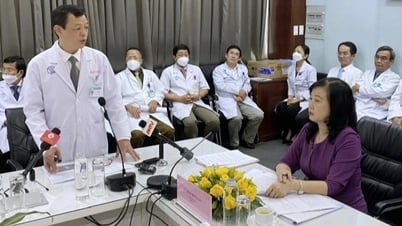















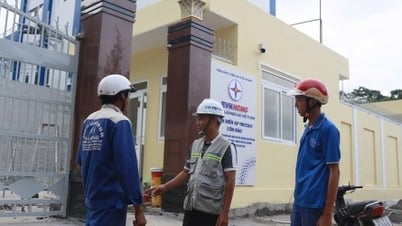







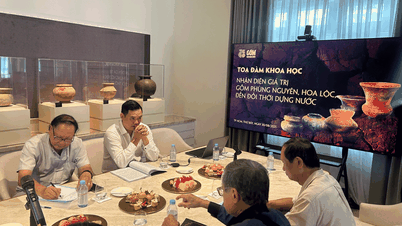

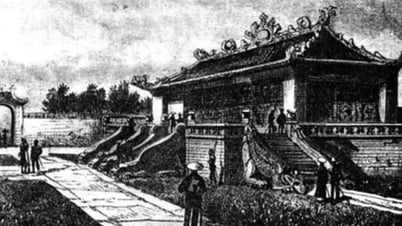








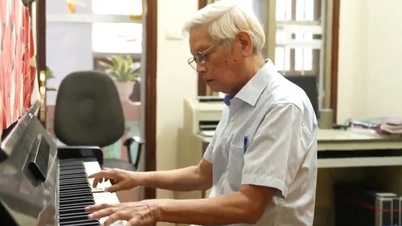



















![[Live] Parade and march to celebrate the 80th anniversary of the August Revolution and National Day September 2](https://vphoto.vietnam.vn/thumb/402x226/vietnam/resource/IMAGE/2025/9/2/ab9a5faafecf4bd4893de1594680b043)













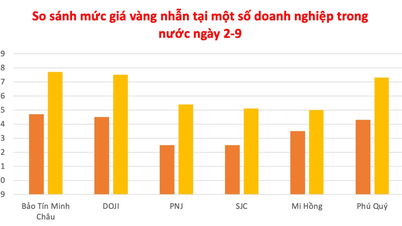












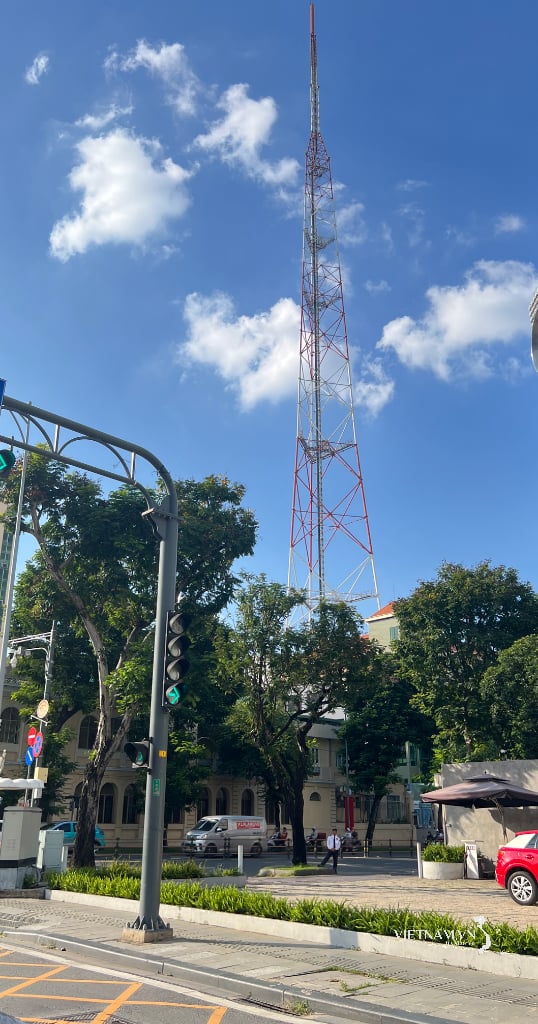



Comment (0)